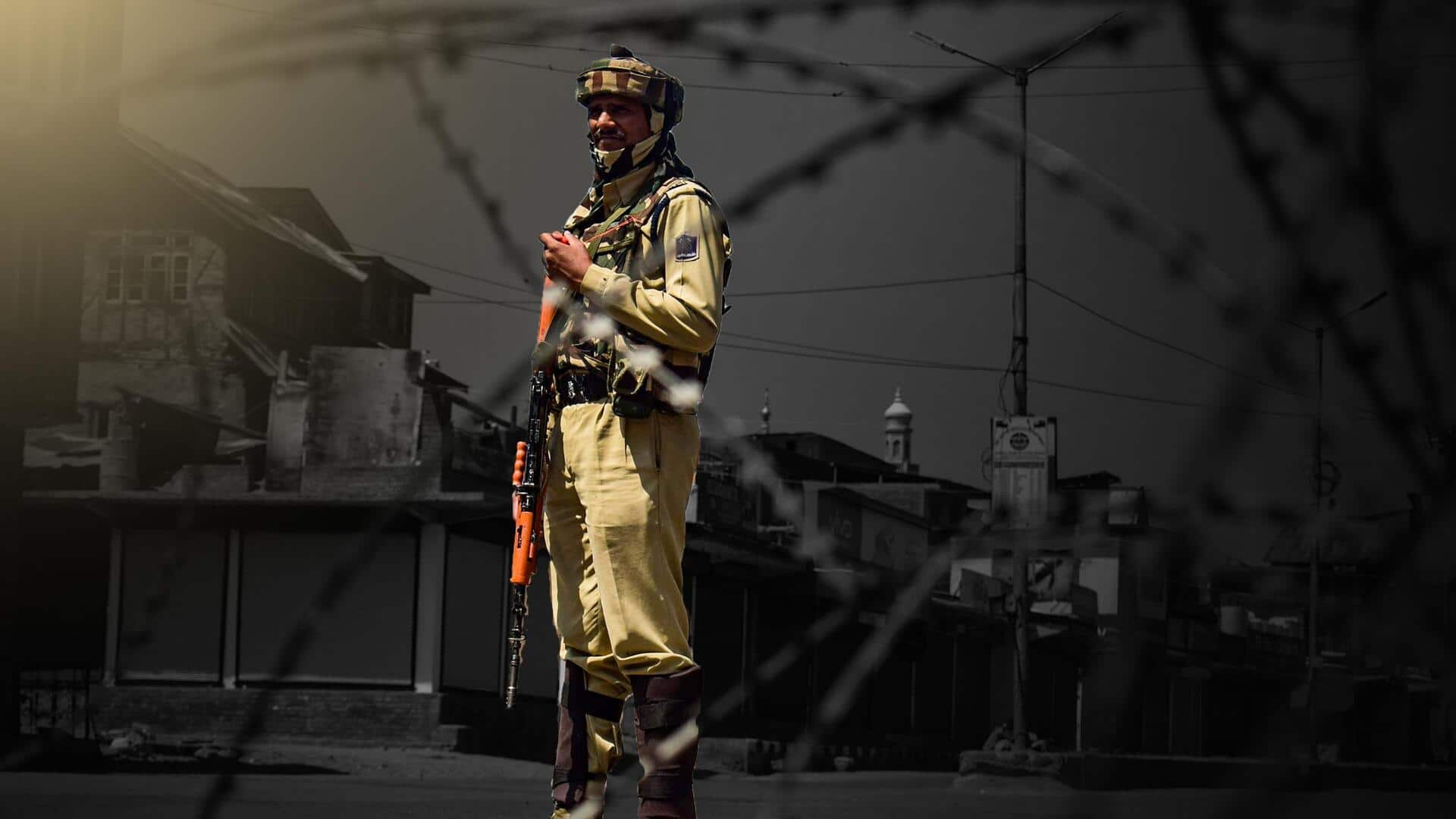
SC judge recommends Truth and Reconciliation Committee for J&K
What's the story
The Supreme Court on Monday upheld the abrogation of Article 370 in Jammu and Kashmir (J&K) by the Centre in 2019.
However, Justice Sanjay Kishan Kaul, in a separate order, called for an unbiased probe into alleged human rights abuses in the region.
He suggested forming a Truth and Reconciliation Committee to "investigate and report on the violations of human rights both by the state and non-state actors at least since the 1980s and recommend measures for reconciliation."
Context
Why does this story matter?
The SC declared its verdict on several petitions challenging the Centre's decision to revoke Article 370, which granted a special status to the erstwhile state, noting it was constitutionally valid.
The provision was scrapped in August 2019, and the former state of Jammu and Kashmir was bifurcated into the union territories of J&K and Ladakh.
The SC held that Article 370 was a temporary provision while directing the Centre to restore its statehood and conduct assembly elections by September 2024.
What Next?
Similar commissions were formed in South Africa, Colombia
According to Justice Kaul, recognizing these human rights violations is crucial for healing inter-generational trauma. The final decision on creating this commission, however, rests with the Centre.
The proposed committee is reminiscent of South Africa's efforts in the 1990s to investigate human rights violations by both the state and the liberation movements during Apartheid from 1960 to 1994.
A similar truth commission was set up in Colombia to resolve the armed conflict (1985-2018) that resulted in 450,000 deaths.
Details
Article 370's original intent was J&K's integration: Kaul
Article 370 allowed the erstwhile J&K state to have its constitution and separate flag while limiting the Centre's interference.
Justice Kaul said the provision's original intent was to gradually integrate Jammu and Kashmir into India.
However, he expressed concerns about using "backdoor amendments" to sidestep established procedures when a specific method for amendment is prescribed, such as in Article 367.
On amending Article 370 using Article 367, he said, "When a procedure is prescribed, it has to be followed."
Timeline
How did Article 370 come about
J&K was one of three princely states, along with Junagadh and Hyderabad, in August 1947 that were reportedly undecided about whether to join India.
In October 1947, J&K's erstwhile ruler, Maharaja Hari Singh, handed over defense, foreign affairs, finance, and communications to India but retained autonomy over other matters.
In 1950, the Constitution was enforced; J&K was accorded special status under Article 370.
In 1957, J&K's Constituent Assembly was replaced by a legislative assembly, leaving no room for a plebiscite.